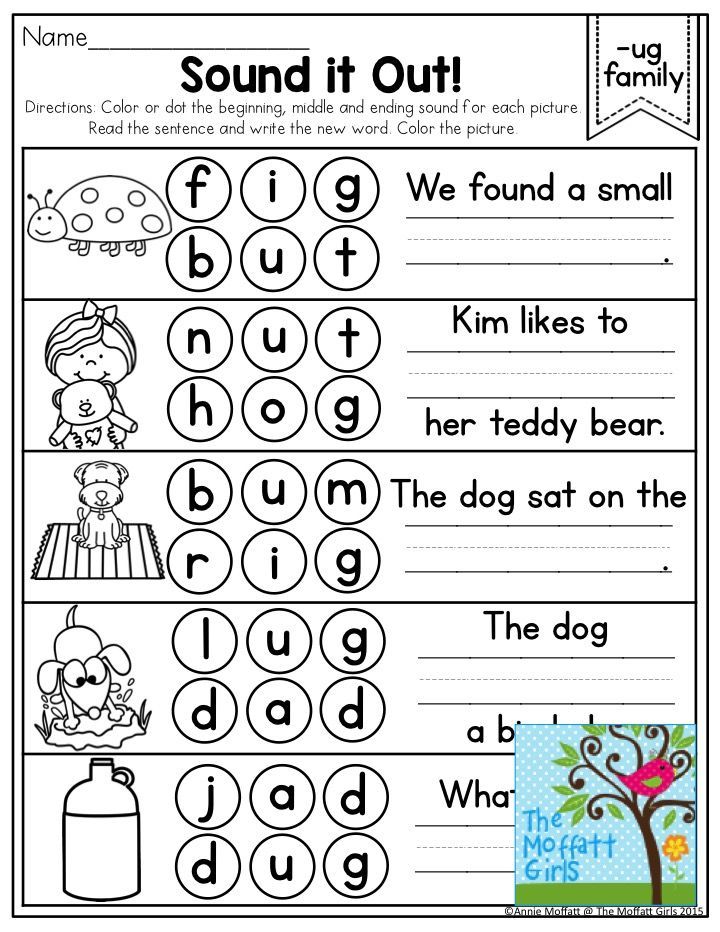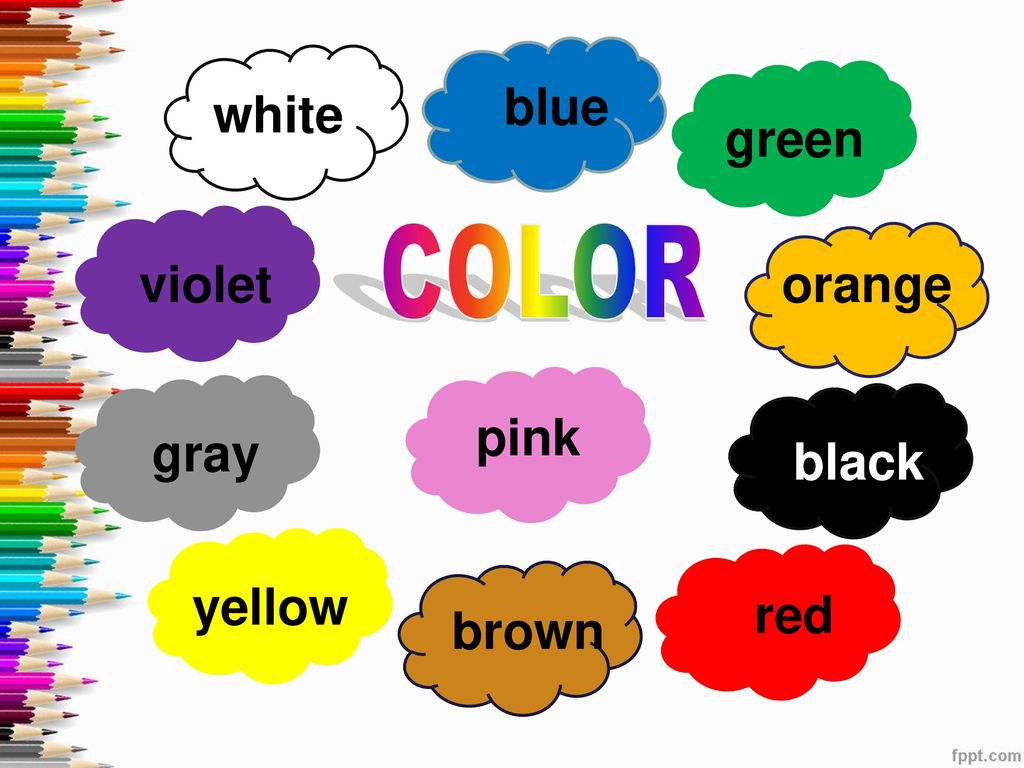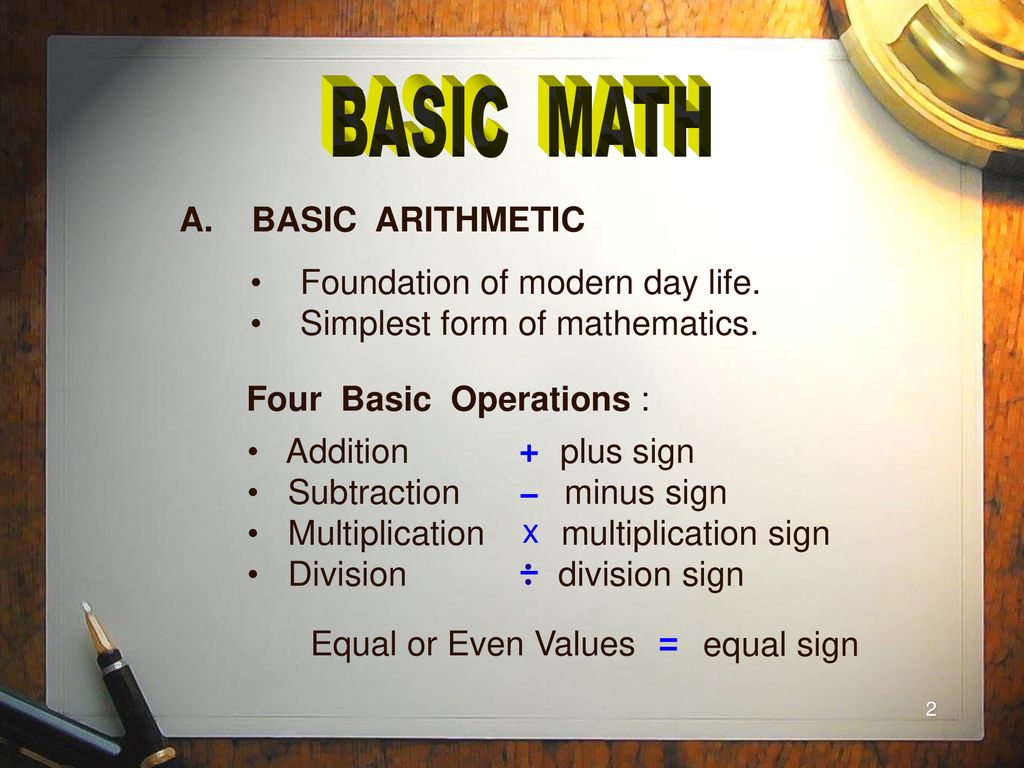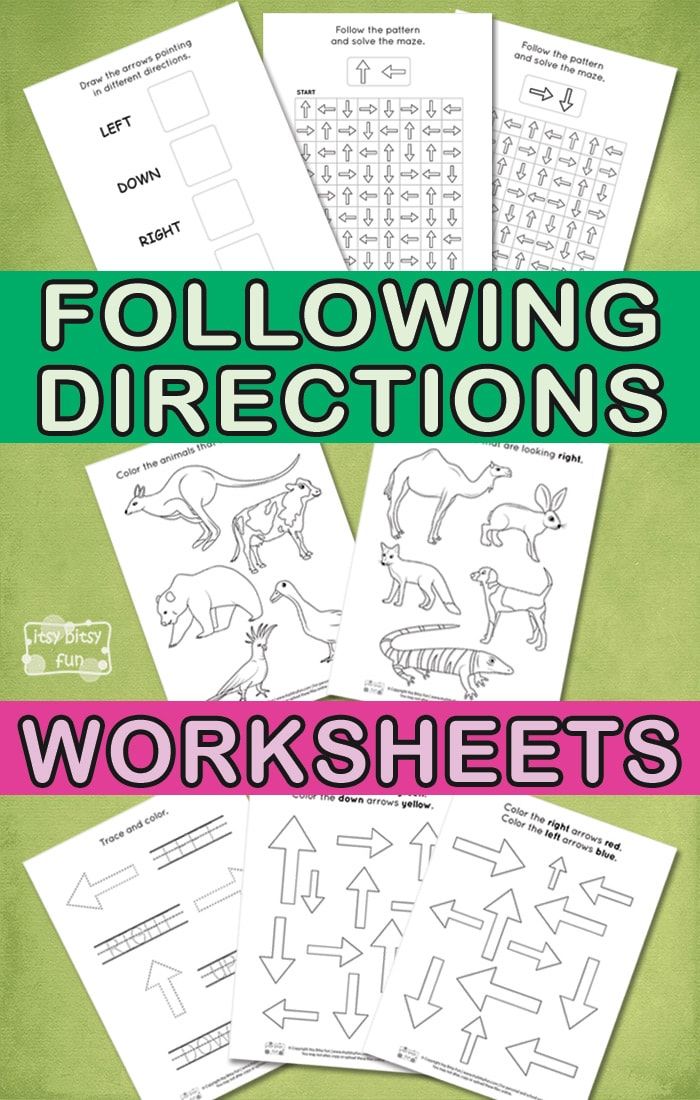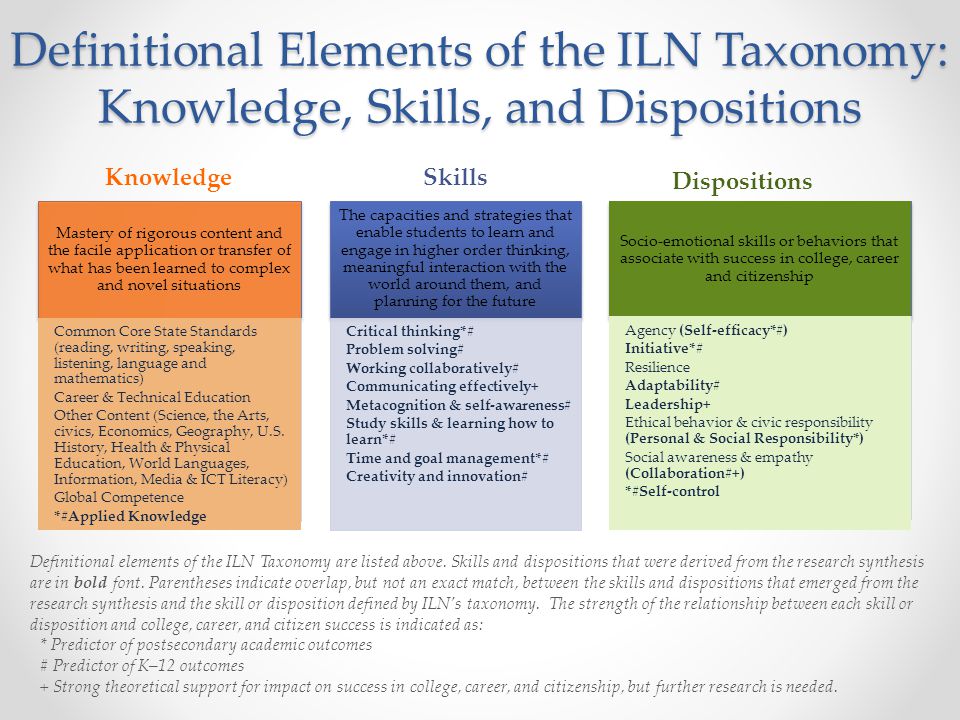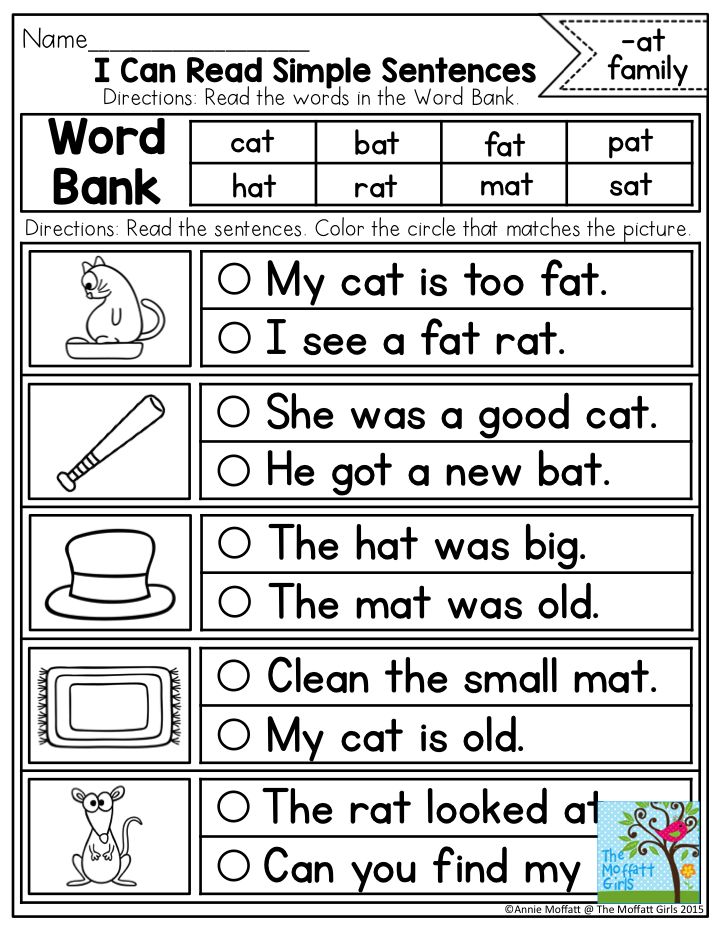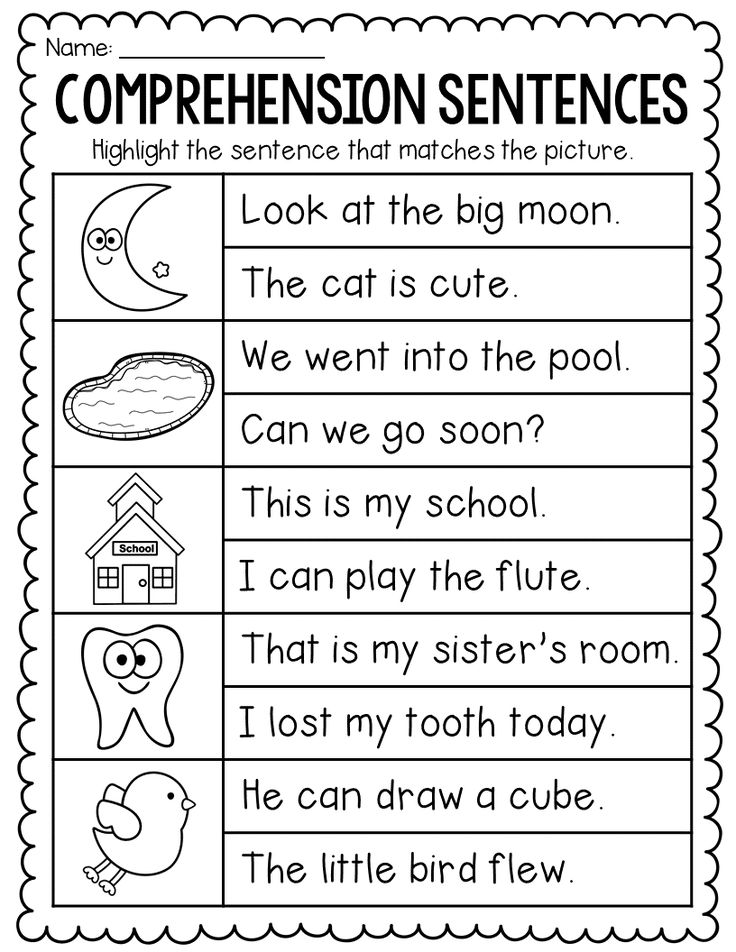Learning to sound out words
Helping Kids Sound out Words
I often receive emails asking how to help kids learn to sound out words. Many times, it’s because kids struggle to blend together the sounds in the word. For example, they may sound out the individual sounds in a word, like /l/ – /o/ – /g/ and then say something like, bat. Ugh. And this can be very frustrating for the adult and the child.
What can be done to help kids learn how to sound out words? Before we decide to beat our head against a wall, let’s explore some ideas together!
Before I get too far, I want to share just three warnings, if you please.
1. First and foremost, you want to make sure your child is developmentally ready to sound out words. This is key. If kids aren’t developmentally ready, sounding out words will be nothing but frustrating for your child and for you. I have a post called How You Know Your Child is Ready to Read and The Measured Mom also has a great list of ways to know when your child is even ready to sound out words.
2. Secondly, sounding out words isn’t the end-all-be-all for figuring out words. As kids progress in their word knowledge, we want them to use other strategies. Also, some words are not so easy to sound out and we’ll address those in a minute. But for the purpose of this article, we’re going to zone in on sounding out words.
3. Thirdly, sometimes you can try every trick in the book and your child still struggles to sound out words. Take a deep breath. Keep modeling. Keep playing with sounds. Keep teaching with a multi-sensory approach. Some children really struggle with sounding out words. Be patient and don’t compare your child to another child.
Helping Kids Sound Out Words
When your child/student struggles to sound out words, here are some tips to try. Remember to keep in your mind my three warnings mentioned above. If you haven’t read them, go back and do it!
1. Play with sounds in words.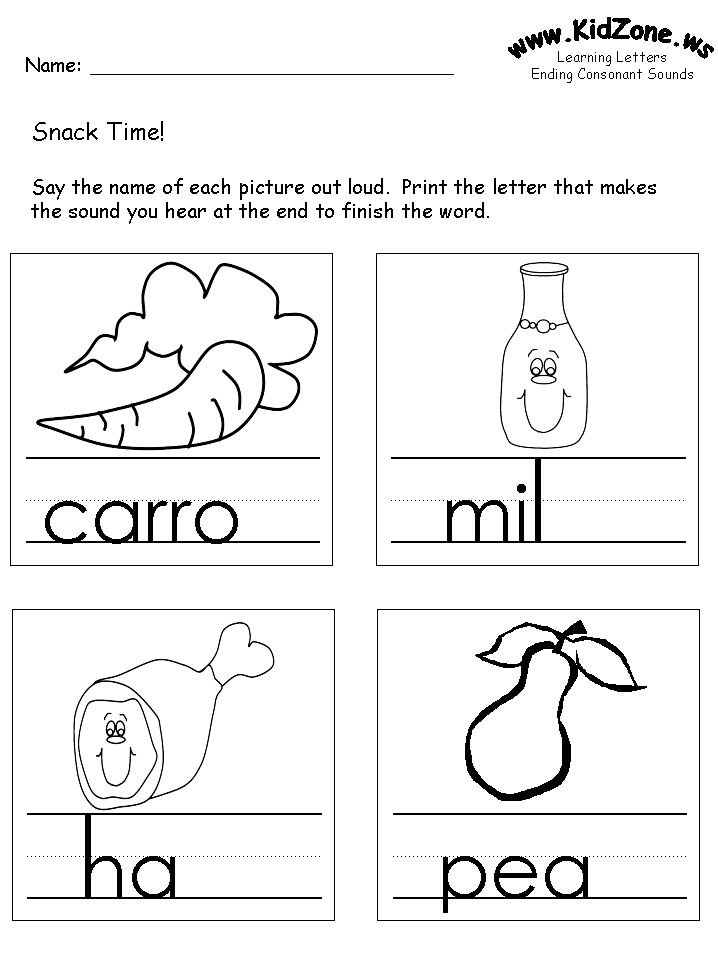 Even though kids may know their letter sounds, seeing the letters in print and attempting to make and blend the sounds all at the same time blows their mind. It can help to take a step back and remove the actual letters and just play with sounds, specifically blending sounds.
Even though kids may know their letter sounds, seeing the letters in print and attempting to make and blend the sounds all at the same time blows their mind. It can help to take a step back and remove the actual letters and just play with sounds, specifically blending sounds.
In my 7-day reading series, 3 Important Skills Needed for Reading, I address specifically how to do this by playing with rhyming words, playing with syllables, and playing with phonemes {the individual sounds in words.} For our purposes, phonemic blending and phonemic segmenting will be the most helpful for readers who are struggling to sound out words.
2. Get kids writing and spelling. As I mention in my post on invented spelling and in Teaching Kids to Spell, allowing kids to “sound out” their spellings can actually increase their awareness of sounds words.
For example, if your child wants to write the word hat, help her listen for each sound in the word by stretching the word out.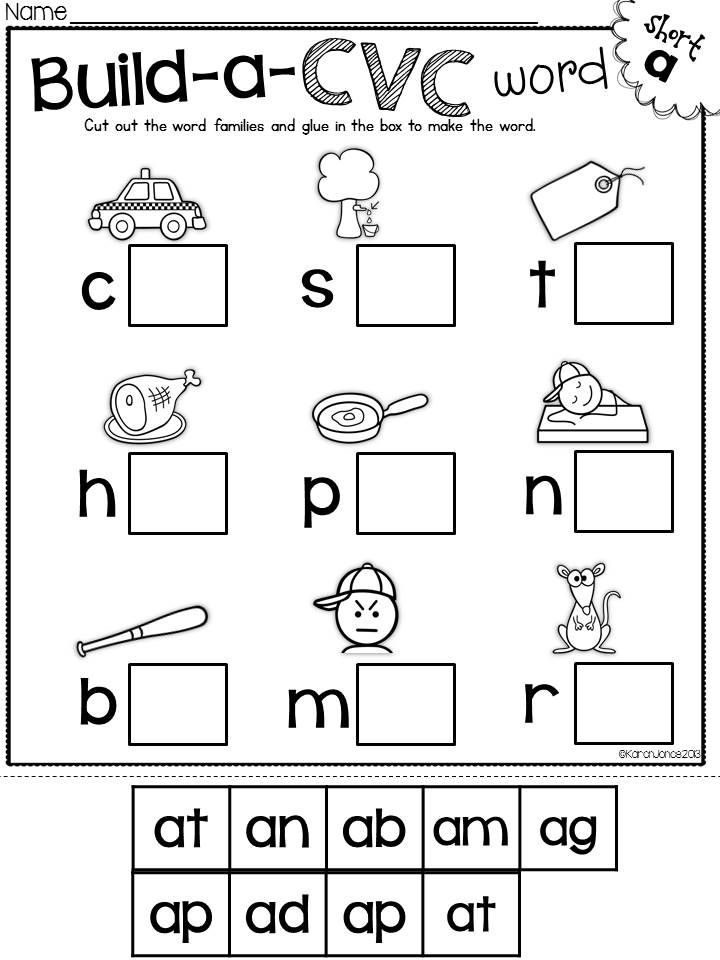 {This is called phonemic segmentation.} Then, after the word has been spelled, ask your child to read the word by blending the sounds back together again {phonemic blending.}
{This is called phonemic segmentation.} Then, after the word has been spelled, ask your child to read the word by blending the sounds back together again {phonemic blending.}
“I love you,” spelled independently by my 4 year old.
So often parents feel that kids shouldn’t spell words until they can spell the word correctly {as taught in some curricula}, but allowing kids to spell by sound can boost kids’ awareness of sounds in words which, in turn, can actually help them become better readers! {You can also read more about this in our 10 week Preschool and Kindergarten Writing Series.}
3. Start with sounds that can be prolonged. Letters don’t all make the same kinds of sounds. In other words, not all letter sounds were created equal {read more about letter sounds here}. Some letters are harder to blend than others. For example, trying stretching out the word pat (p–a–t). Now try stretching out mat (m–a–t). Can you hear how it could be easier to blend together mat than pat?
This is because letter sounds from letters like m, f, h, r, n, s, z and vowels can be stretched or prolonged, making it easier to blend them together.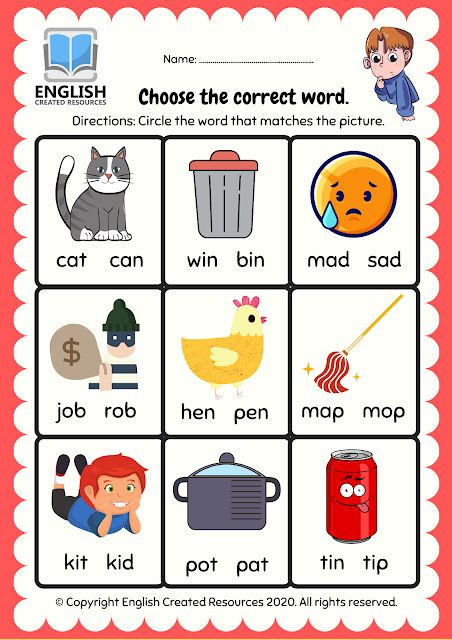 In other words, there’s no break of sound in between them. On the other hand, the letter sounds of c, d, t, and p do not continue their sounds. Try a few sounding out exercises with your child using real and/or silly words with these prolonged sounds like Sam, fan, zom, or nis. Say them slowly at first, then each time you sound them out, say the sounds closer and closer together.
In other words, there’s no break of sound in between them. On the other hand, the letter sounds of c, d, t, and p do not continue their sounds. Try a few sounding out exercises with your child using real and/or silly words with these prolonged sounds like Sam, fan, zom, or nis. Say them slowly at first, then each time you sound them out, say the sounds closer and closer together.
4. Use word families. Blending together two sounds can be much easier for some young readers than trying to blend together three sounds. We typically teach sounding out as three separate sounds {t-o-p}, but many readers will find blending together easier if we teach it like t-op, as explained in my word family post.
One of my favorite activities for young readers is to focus on ONE word family, such as -at. Help kids see how adding different sounds to the beginning of -at can make new words by letting them manipulate the letters.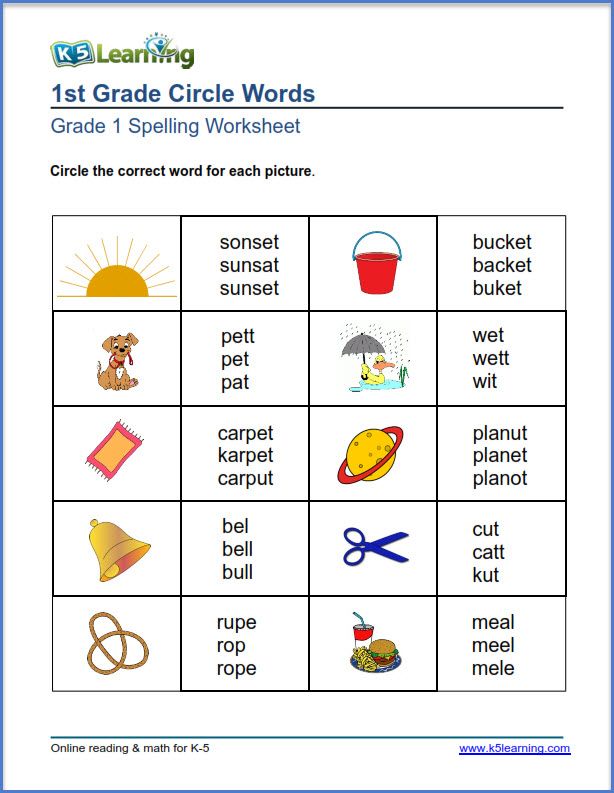
To see a few ideas, check out our –at post from Reading the Alphabet . You can also find more hands-on manipulatives for word families with our Flip-a-Word activity and our Dr. Seuss word family hats.
5. Not all words can or should be “sounded out.” I am referring mostly to sight words. And while I do believe that MOST sight words DO follow phonics “rules” and that learners can sound out sight words, learners may not be developmentally ready for all the “rules” that are needed to sound out some of the basic sight words.
For example, the word away is a sight word taught early to young readers because it appears frequently in the books they read. Away follows the schwa rule for unaccented syllables and the -ay long a pattern. Are Kindergartners ready to learn all the rules to help them sound out away? Probably not.
Instead of trying to cram a bunch of rules into their brains {and most of our frequently used “rules” are broken more than followed} to help them sound out these words, some words just need to be learned by sight.
More Tips and Activities for Readers:
Short Vowel Folable Sound it Out Strips
1-2-3 Flip It for CVC Words
Enjoy teaching!
~Becky
Want MORE Free Teaching Resources?
Join thousands of other subscribers to get hands-on activities and printables delivered right to your inbox!
How To Help Kids Sound Out Words: Expert Tips And Ideas
It can take some time for kids to learn how to sound out words. Since this is a crucial part of reading fluently, you probably want to know how you can help. Are there any special exercises you can do at home to assist your child?
Of course there are! And we’ve compiled this detailed guide to help you get started.
What Does It Mean To “Sound Out Words”?
It’s hard to imagine it now, but once upon a time, none of us could read. The alphabet, lower and uppercase letters, and the spaces between words were all confusing.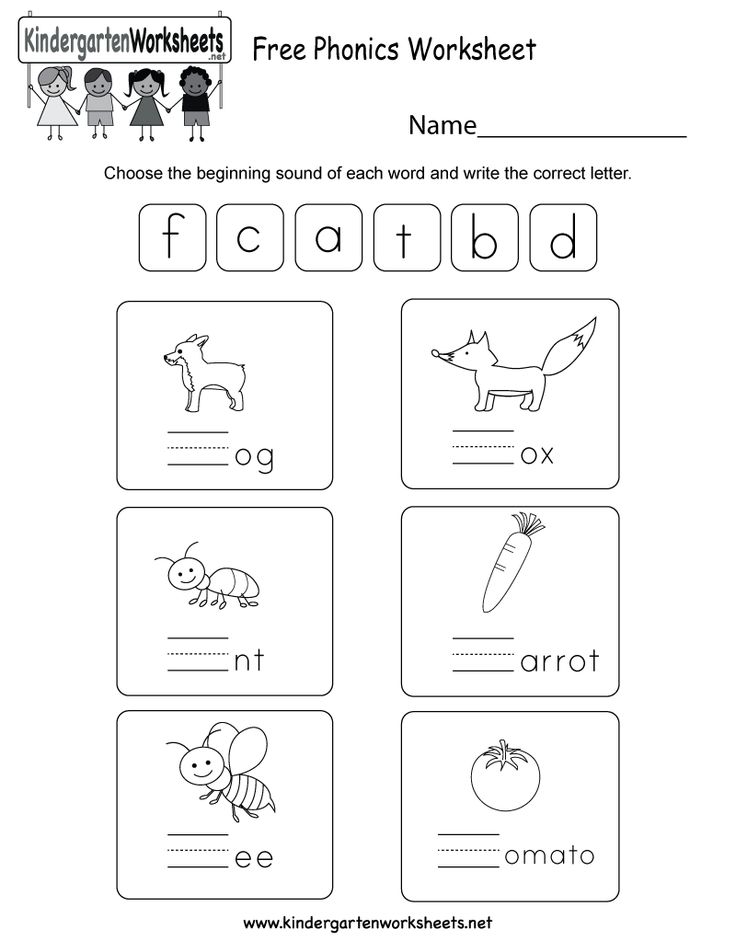 But through time and practice, here we are today.
But through time and practice, here we are today.
While many components helped us become fluent readers, learning how to sound out words was one of the game-changers.
In a nutshell, sounding out words means applying knowledge of letter-sound relationships in order to pronounce words properly.
When children learn this essential literacy skill, they will be able to say each sound in a word slowly and then quickly again. They will also understand how to blend the different sounds in a word together without much effort.
Eventually, kids internalize the process of sounding out words. To illustrate what we’re talking about, here’s a little challenge: Try to pronounce “splaf.”
You probably didn’t have to think too hard to pronounce this, even though it’s a nonsensical word. You were able to figure out the pronunciation almost immediately because the process of sounding out words has been so internalized.
At this stage of your life, sounding out happens automatically without thinking.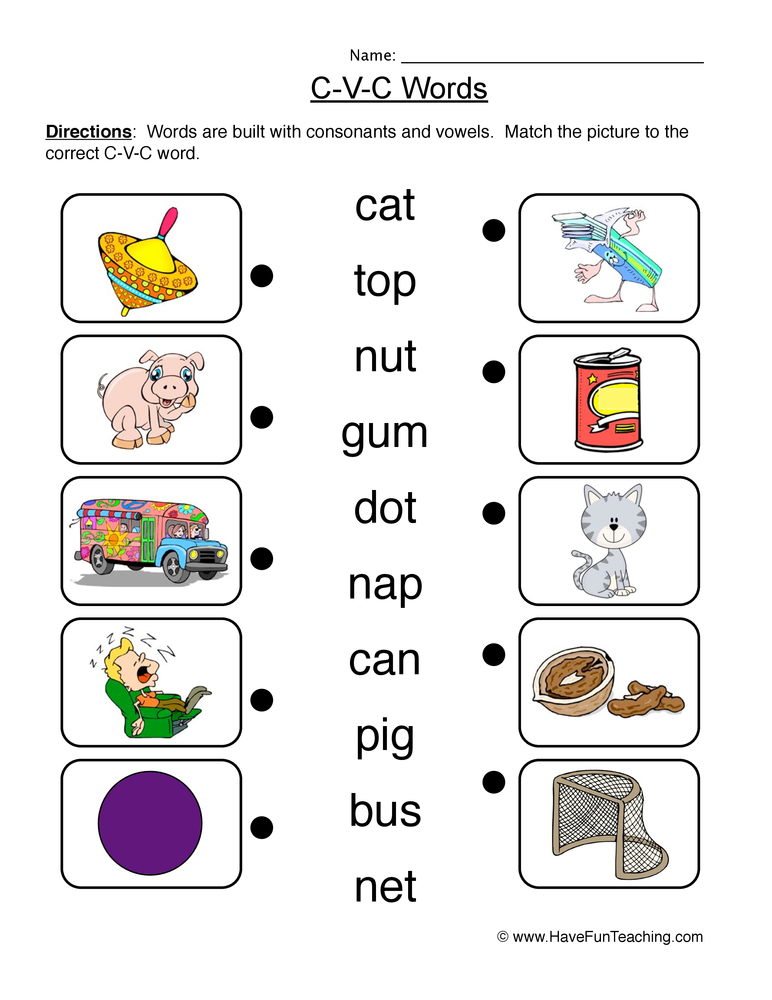 Of course, you didn’t become an expert at sounding out words overnight, and neither will your child. But with time and practice, your young learner can also get there!
Of course, you didn’t become an expert at sounding out words overnight, and neither will your child. But with time and practice, your young learner can also get there!
Why It Matters
Sounding out words helps kids learn about how to blend sounds, which can help improve their overall reading skills.
Additionally, we know that when children have strong abilities in sounding out words, they are less prone to stumble as books become harder, even when books incorporate vocabulary that they have never seen or heard before.
This can especially be seen during the “fourth-grade slump.” Throughout the first few years at school, most kids can read the material well enough to get by. But around fourth grade, children who haven’t grasped some of the basic word recognition and decoding skills may lag behind.
Helping your child learn how to sound out words early can give them the confidence they need when faced with complicated and unfamiliar text both now and later in their learning journey.
Is Your Child Ready To Sound Out Words?
If your child isn’t developmentally ready to sound out words, forcing it on them can be both frustrating and futile for you and your child.
Here are a few things to watch for to help you determine whether or not your child is ready to start sounding out words:
- Knowledge of the alphabet
- They can play with sounds in words
- Print awareness
- Phonological and phonemic awareness
- They are interested in learning to read
For more information about knowing when to start helping your child learn to read, take a look at our article Reading Readiness: Top Skills For Kids To Master.
How To Help Your Child Sound Out Words
If you feel your child is ready to learn how to sound out words, here are some ways to get started at home.
1) Help Them Identify The Phonemes
A phoneme is the smallest possible unit of sound in a language. For example, the word “cat” has three different phonemes — “c,” “a,” and “t.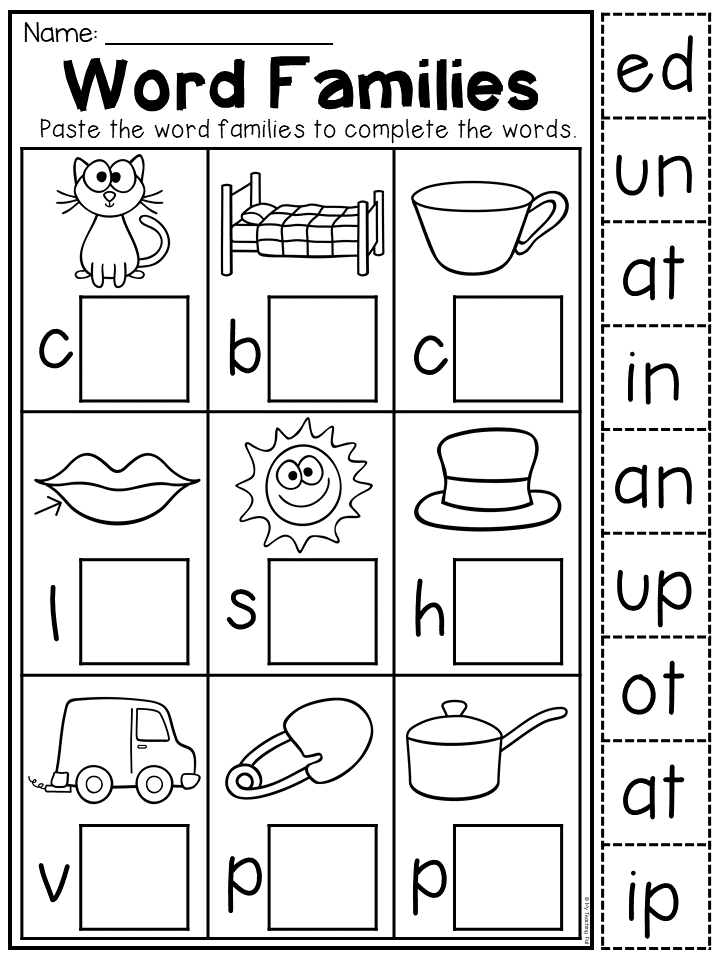 ” Phonemic awareness is the ability to identify and manipulate these sounds.
” Phonemic awareness is the ability to identify and manipulate these sounds.
Understandably, it’s challenging for a child who doesn’t understand phonemes to pronounce words correctly.
While reading together regularly gives you a great opportunity to help your child recognize and become familiar with different phonemes, you can also create activities to make things more exciting and help your young learner become more engaged with the content.
Activity Idea: From Sense To Nonsense
Choose a familiar book or nursery rhyme and ask your child to close their eyes as you read the story to them. This will help them focus on what they’re hearing.
As you read, occasionally change the words, word order, or wording. Your child will try to identify these changes, and when they manage to, ask them to explain what they think was wrong.
Here are some examples of how to make subtle changes to words to help your child with their phonemes:
- Mary had a little land
- Twinkle, twinkle, little far
- The wheels on the bus go mound and mound
- Baa baa black sleep have you any wool?
Your child will get a kick out of these little “mistakes” and have fun correcting you!
2) Read Aloud
As a parent, you probably already know the importance of early childhood reading and the great impact it can have on your child as they enter school and later in life.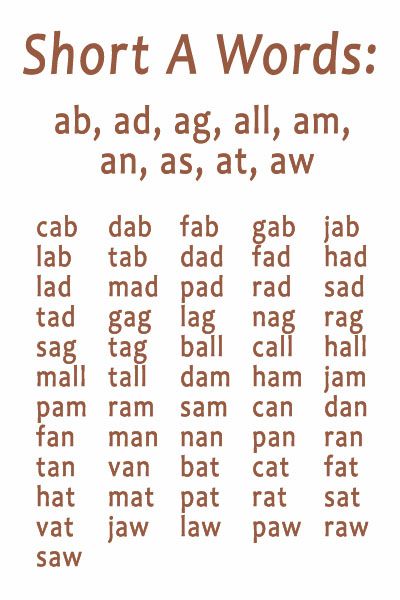 That’s why it’s essential to set aside some regular reading time with your young learner.
That’s why it’s essential to set aside some regular reading time with your young learner.
While reading, focus on reading slowly and aloud as you pan your finger on each word.
This exercise can help them associate printed letters and their combinations with the individual sounds they make. It will also help them realize that the spoken words we use can be found in print.
3) Demonstrate How To Blend Different Sounds
The ability to blend different sounds in words is essentially how we can read fluently. It helps us smoothly connect the individual sounds in a word as we read.
For example, the individual sounds in “maybe” are m/a/y/b/e. However, because of blending, you can sound out the word as /maaybee/ without even thinking about it.
Here are a couple of activities that can help your child blend different sounds.
Activity: Robot Talk
Robot talk can help a child segment the different sounds of a word. After “robot talking” a word, they can then say the word faster or more fluently.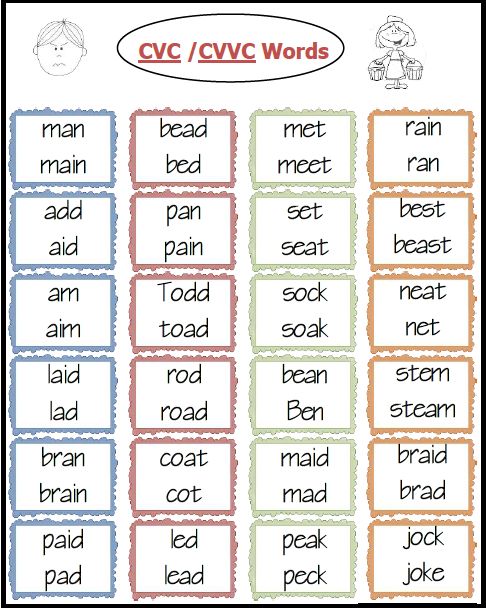
Robot talk is exactly as it sounds: speaking in shorty, choppy sentences like a robot!
Activity: Guess The Word
All you need to get started with this fun activity is some picture cards of objects or items your child is familiar with (e.g., sun, moon, stars, trees, ball, etc.)
Place the picture cards in front of your child and tell them that you’re going to say a word out slowly and they will need to identify which card matches the word you’ve just said. For example, /ssstaarrsss/.
Playing this game is another way of helping your child recognize the individual sounds in words, a key component of learning how to sound out words.
4) Encourage Reading And Writing
You don’t have to wait until your child is a perfect speller to let them start writing. Any practice they get can help boost their awareness of sounds that are in words and, in turn, improve their writing awareness.
Activity: Sound Out The Written Word
If your child is learning how to spell mat, start by stretching the word out so they can hear each sound (m/a/t).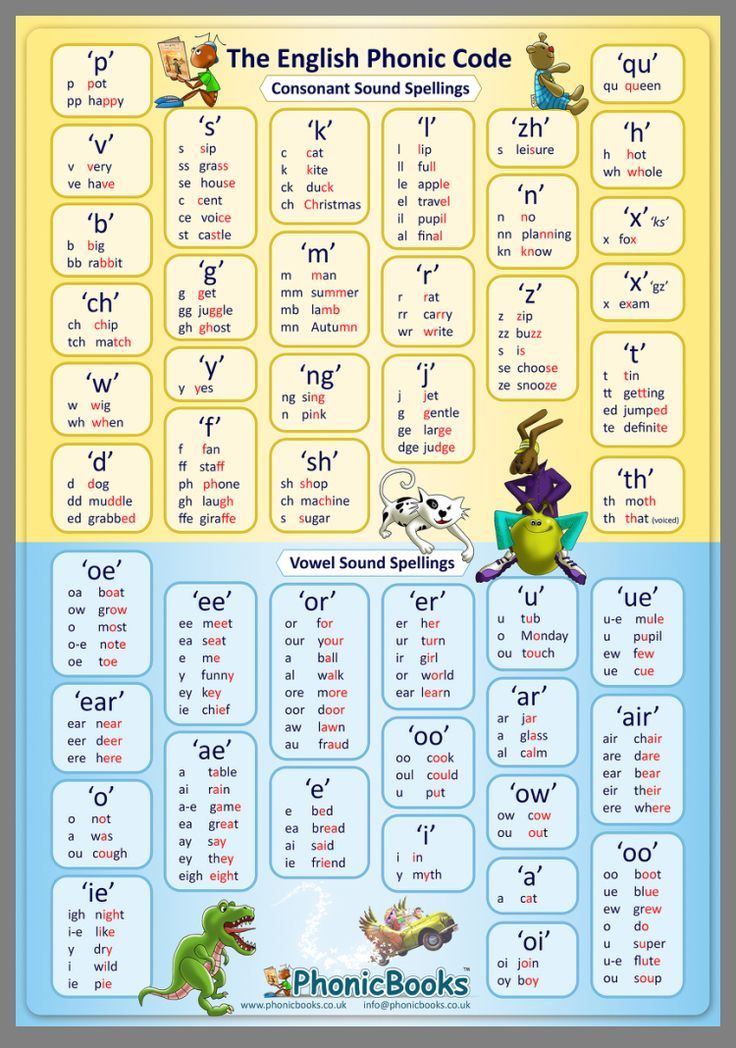 After spelling the word, have your child read the word back to you at a normal pace (blending sounds).
After spelling the word, have your child read the word back to you at a normal pace (blending sounds).
This activity can help improve not only your child’s blending skills but also their spelling. Make it a bit more fun by letting them write each letter in a different color.
5) Play “I Spy” With The Alphabet
Letters are all around us. We might overlook this fun fact, but a child who’s learning the alphabet will find joy in noticing it. Now’s a great time to play “I Spy” — with a little twist, of course!
Play I Spy (driving to school, walking to the park, etc.) to find letters in the world around them. When your child finds a letter, encourage them to say it and the sound it makes out loud.
Take It One Sound At A Time
There is no magic wand that can help your young learner sound out words overnight. But we believe that with a little practice and lots of encouragement, your child will be a word-sounding-out pro in no time!
While on this literacy journey, remember to continue reading regularly, and when they finally get it, embrace those moments (no matter how small) to help keep them motivated.
For more fun activities to try at home with your emerging reader, check out the HOMER Learn & Grow App!
Author
5 simple rules on how to learn to speak beautifully
Contents of the article
Speaking beautifully means being able to clearly and clearly express your thoughts with the correct intonation, moderately emotionally, in order to convince a person of the correctness of your judgments. Some people naturally have these skills, but many still need to learn how to speak competently and beautifully. Specialists who master the art of eloquence negotiate better with people, feel more confident during negotiations, speeches, and move up the career ladder faster. We have prepared 5 simple tips from our free online course The Art of Speaking. Speech improvisation”, which will help develop eloquence skills.
Record your speech on a voice recorder
Before you start learning, you need to understand what exactly you need to work on. To do this, record your telephone conversation with a loved one on a voice recorder. Then listen to the recording, paying attention to pauses, breathing, speech rate, parasitic words, sentence construction. Write down everything that you don't like about your speech and start to eliminate these shortcomings.
To do this, record your telephone conversation with a loved one on a voice recorder. Then listen to the recording, paying attention to pauses, breathing, speech rate, parasitic words, sentence construction. Write down everything that you don't like about your speech and start to eliminate these shortcomings.
Work on the content and tempo of speech
Very often speech problems arise because a person speaks very quickly. Sometimes a thought does not have time to form, and the word has already flown out. Yes, and listening to chattering speech is quite difficult. To slow down your pace of speech, you need to do an exercise every day: pronounce words slowly, for example, cities or names, recording yourself on a recorder at this time. Then repeat the same in reverse order. The next step is to listen to the text recorded at a fast pace and then repeat it slowly.
Develop your speech
In order to have a beautiful speech, and you feel confident in a conversation with any person, it is important to learn how to write sentences correctly and constantly replenish your vocabulary. When a person regularly builds incorrect sentences and uses the same words, his speech is perceived as meager and monotonous. In this case, start with a simple exercise: write down your thoughts in a notebook, quotes, interesting phrases. If you have to speak publicly, then draw up a speech plan and speak out separate theses. To develop vocabulary, you need to read a lot, pay attention to unfamiliar words and fix them, solve crossword puzzles, communicate with interesting people.
When a person regularly builds incorrect sentences and uses the same words, his speech is perceived as meager and monotonous. In this case, start with a simple exercise: write down your thoughts in a notebook, quotes, interesting phrases. If you have to speak publicly, then draw up a speech plan and speak out separate theses. To develop vocabulary, you need to read a lot, pay attention to unfamiliar words and fix them, solve crossword puzzles, communicate with interesting people.
Get rid of parasitic words
Parasitic words are usually used to link words in sentences when it is difficult to continue a thought or find the right word. But they spoil speech very much and interfere with the perception of your thoughts. To get rid of these words, you need to fix exactly which words you often use in speech. Watch what you say. Ask people close to you to monitor your speech and point you out when you say parasitic words.
Describe objects
This is another exercise that will help you formulate your thoughts correctly and beautifully.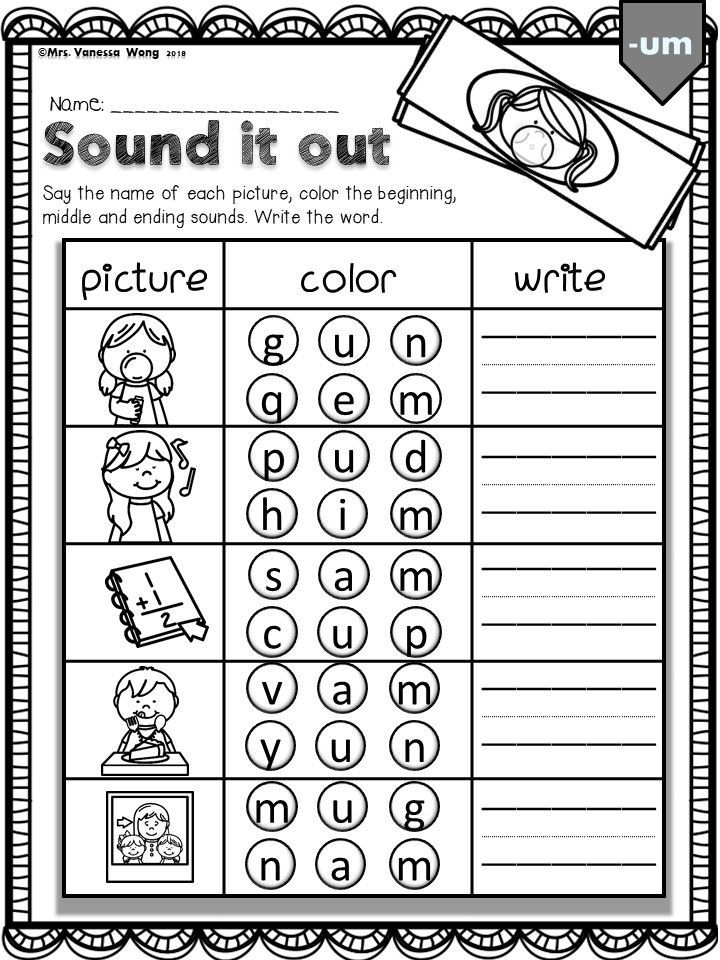 You need to find any object in the room (clock, figurine, flowers) and start describing it for 5 minutes, choosing interesting words, phraseological units. Pay attention to how you build sentences and how fast you speak.
You need to find any object in the room (clock, figurine, flowers) and start describing it for 5 minutes, choosing interesting words, phraseological units. Pay attention to how you build sentences and how fast you speak.
Learning to speak beautifully | Lisa Power
Soft skills
3/29/2021
3
minutes
readings
Image: Daniela Jiménez / Dribbble
Teenagers
<
Record and analyze
You can record with a voice recorder or record video from your phone or laptop, the image here is not as important as the speech itself. Tell a story from your life under the record, retell the content of your favorite book or movie. At the same time, speak as usual, do not try to specially decorate or improve your speech.
The main task at this stage is to identify the main shortcomings in your speech: poverty of vocabulary, stutters, pauses, incorrectly placed stresses, problems with diction, parasitic words, too fast or too slow pace of speech.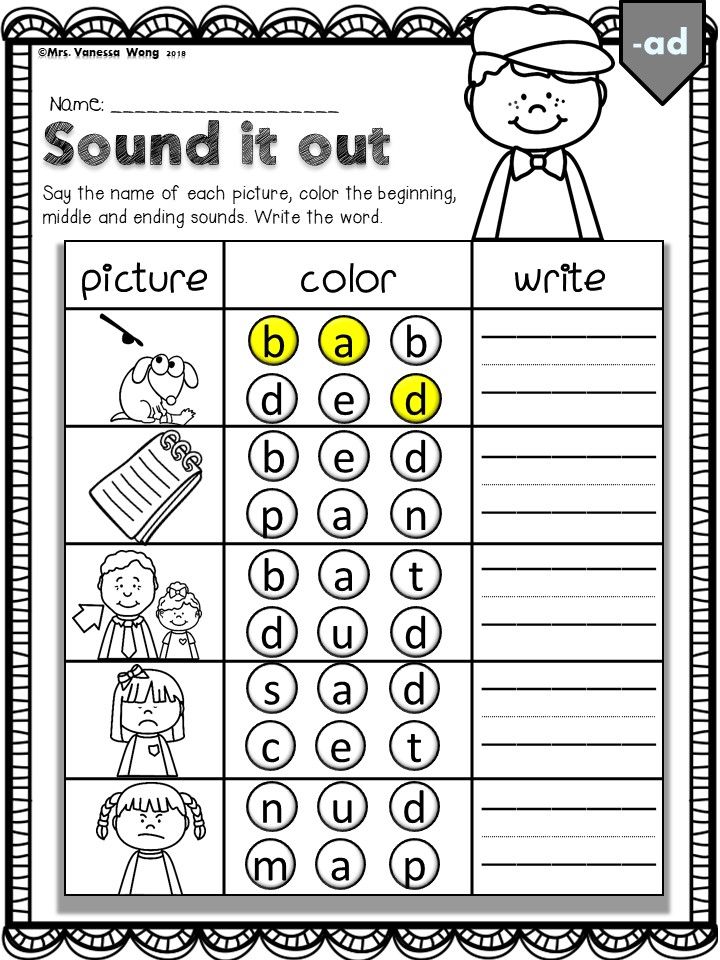 Analyze the recording and determine what you will work on.
Analyze the recording and determine what you will work on.
How to improve your vocabulary
- Start reading a thick novel, preferably one of the Russian classics of the 19th-20th centuries, but foreign authors will do. Classical works are rich in vocabulary. By the way, this is a good reason to remember the school reading list for the summer, there will definitely be something suitable there.
- Install the Russian Explanatory Dictionary application on your phone and check the meaning of all the words you don't know.
- Enter one new word into active circulation every day. Assign a word in the morning and try to use it at least 10 times during the day. Of course, the use of the word must be precise and appropriate.
- Play word games.
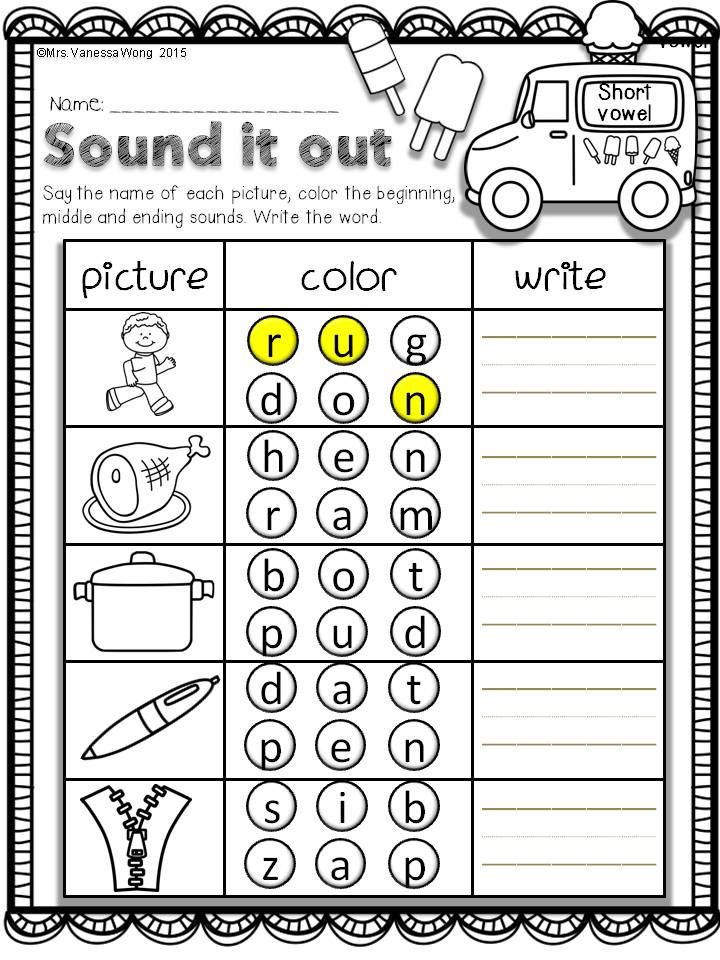 For example, make up stories using only verbs or only nouns. You can start by continuing the classic: “Night, street, lamp, pharmacy”, and then move on to original stories.
For example, make up stories using only verbs or only nouns. You can start by continuing the classic: “Night, street, lamp, pharmacy”, and then move on to original stories.
- Every day think of synonyms for any three words. Try to come up with as many options as possible.
How to get rid of pest words
- Write a list of your "favorite" pest words and start tracking their usage. Catch as much speech garbage as possible.
- Assign a system of penalty points: uttered a parasitic word - received one penalty point. Scored more than 10 points in a day - doing something around the house, like washing dishes, cooking dinner, tidying up the room, or just an hour less playing games on the phone or using social networks.
- Ask friends and parents to pay attention to the parasites in your speech: “everything like that”, “like”, “uh-uh”, “shorter”, “well”.
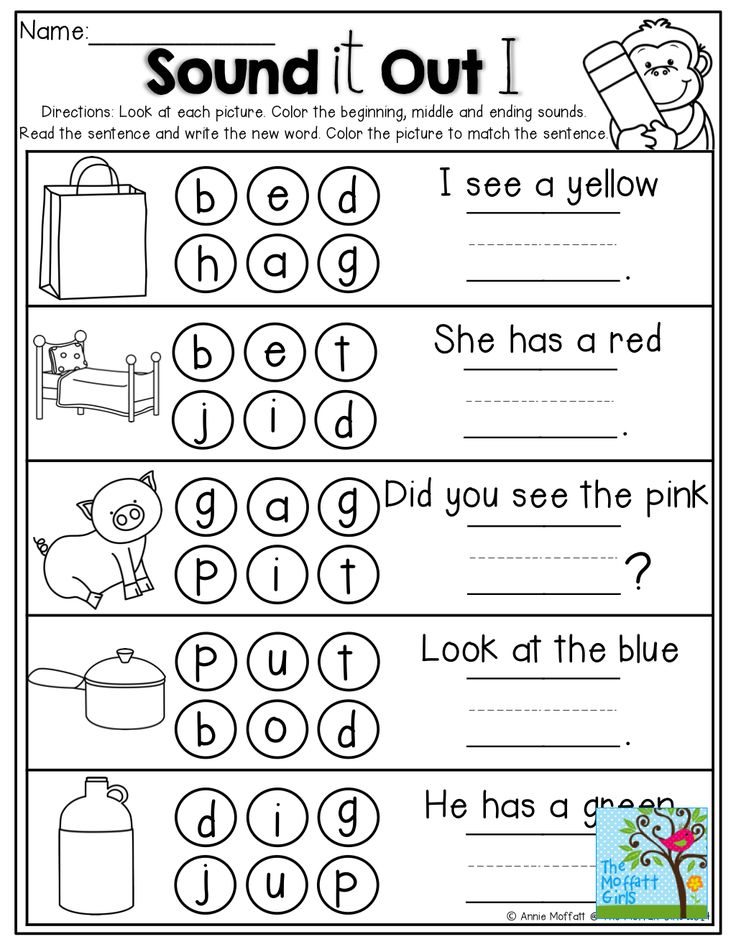
How to improve your speech Picture: Daniela Jiménez / Dribbble
- hold the breath, then a long deep exhalation. Repeat the exercise for at least five minutes, and longer is better. With proper operation of the diaphragm, speech becomes smooth, the voice becomes calm and deep.
- Sing out loud. Firstly, singing also strengthens the diaphragm, and secondly, it helps to get rid of hesitation and stuttering. If you are embarrassed to sing, read long poems aloud.
- Learn one tongue twister a day. The more difficult it is for you, the more useful it is to repeat it over and over again. Tongue twisters help improve diction.
- Download the word stress app and learn the correct pronunciation of at least 3 words throughout the day. Knowing the stresses will not only help improve speech, but will also come in handy at the exam in the Russian language.
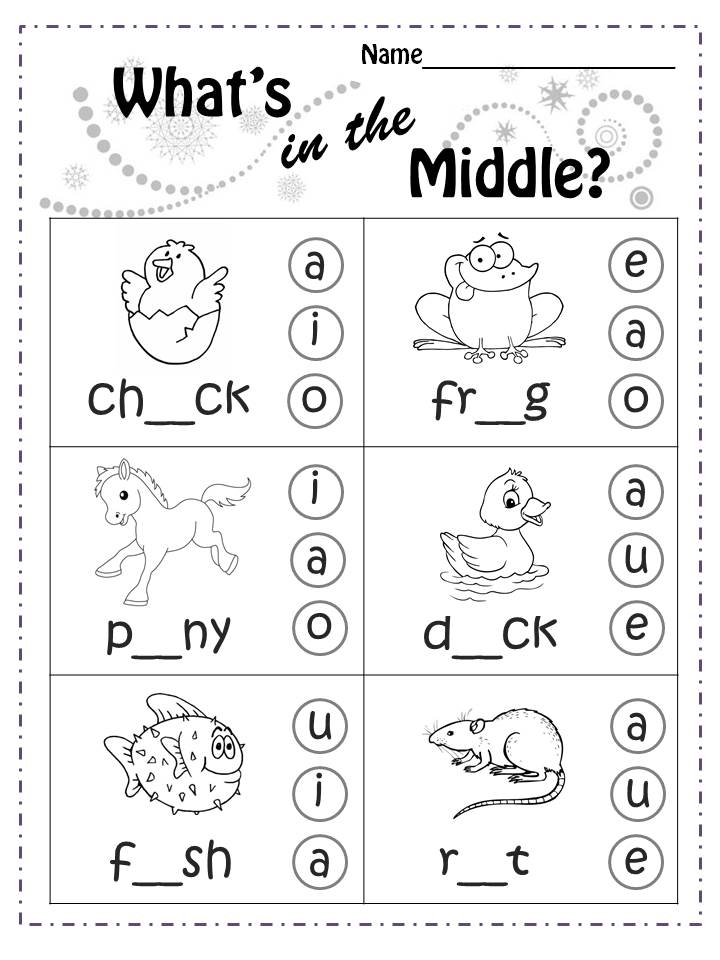
Why is this needed
🤓 You can easily answer at the blackboard. The number of hesitation and unnecessary pauses will decrease, the answers will become coherent and understandable for the listeners - of course, provided that you know the material.
😎 It will be easier for you to defend term papers, make oral presentations and presentations.
😏 You will learn how to use complex words appropriately and avoid speech errors.
🤐 You will no longer be afraid to speak in public. Most often, fear arises due to poor command of the technique of speech, lack of vocabulary and inability to express themselves coherently.
🙄 You have every chance of becoming the best speaker in your class. This means that you will be more likely to be invited to all school and district events, and this is a great opportunity to show yourself and gain a good reputation among teachers.
I accept the terms of the agreement and privacy policyDone!
Download here
Get the guide
Oh! Something went wrong.